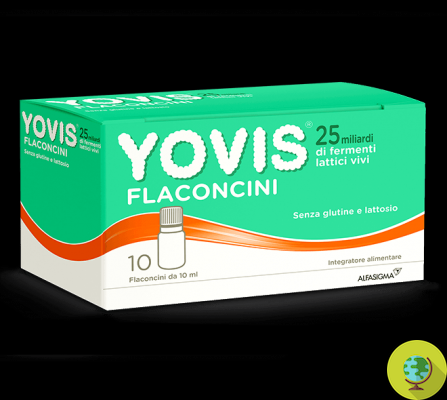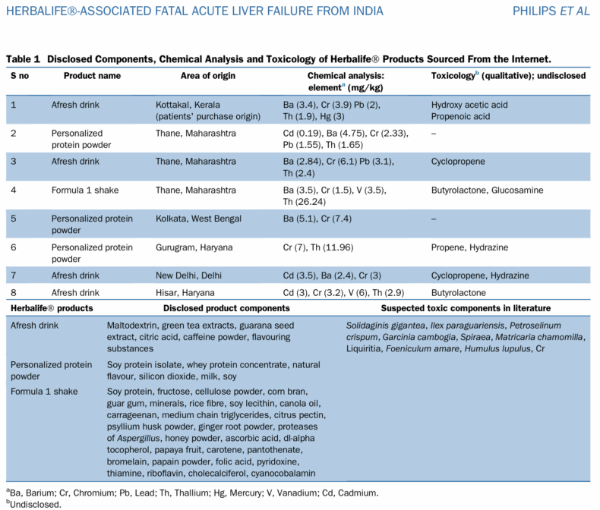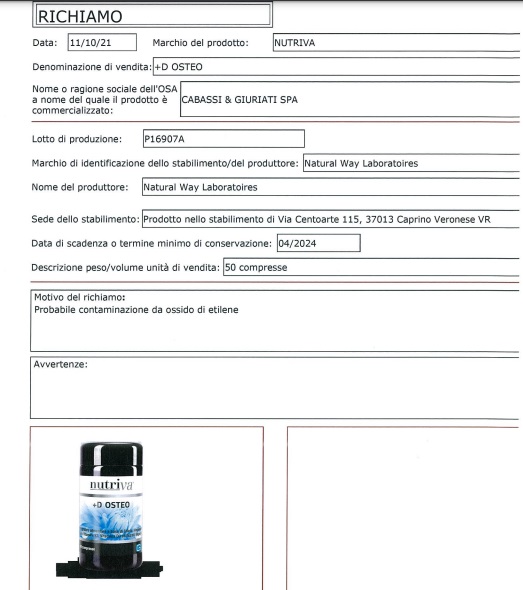
Research has shown that an ethnic group is more at risk of developing a vitamin D deficiency with the associated consequences
Don't store avocado like this: it's dangerousResearch has shown that an ethnic group is more at risk of developing a vitamin D deficiency with the associated consequences
New findings from the University of Surrey have recommended people of the Afro-Caribbean community to consider increasing the consumption of foods rich in vitamin D and taking additional supplements, especially as winter approaches.
Vitamin D is produced when the skin comes into contact with the sun; however, it can also be absorbed through food. This is essential as it performs important functions for our body, for example promotes calcium absorption, vital nutrient for bone health. THE symptoms of a lack of vitamin D they can lead to bone deformities, such as rickets in children, and bone pain caused by a condition called osteomalacia in adults. (Read also: Vitamin D: all the consequences of a deficiency)
A systematic review
Lo study, published in The European Journal of Clinical Nutrition, saw Surrey researchers conduct a systematic review of vitamin D in members of the black community around the world. The results highlighted that people of African descent should consider taking vitamin D supplements, e consume foods rich in vitamin D..
The paper also found that black individuals living in low-latitude countries (such as South American countries and South Africa) have sufficient levels of vitamin D, while those living in higher latitudes, such as the United Kingdom for example, Vitamin D deficiency and insufficiency are very common factors. (Read also: Vitamin D: where it is found, what it is used for and how to stock up on it)
The results
The study highlights the need for clinical action, to improve and counteract vitamin D deficiency in Afro-Caribbean communities.
The paper highlighted that in the UK the NHS could include strategies to increase vitamin D intake, as well as the use of safe sunlight exposure, as appropriate. Since most of our vitamin D comes from exposure to sunlight, getting enough can be difficult for many people.
It is therefore essential to follow one balanced diet that includes foods capable of providing sufficient amounts of this vitamin, such as eggs or cereals; but also take it regularly supplements it can be an effective choice to increase its absorption.
These findings are supported by a second University of Surrey paper published by The Journal of Nutrition, in which researchers analyzed how vitamin D supplements and exposure to sunlight affect the health of Brazilian women living in both the UK and Brazil.
This first-of-its-kind study looked at two groups of the same ethnic identity and gender, living in different countries identically, and examined whether supplements or sunlight altered the vitamin D status of its participants. Researchers studied 120 healthy Brazilian women in parallel, randomized, placebo-controlled studies conducted at different latitudes in Brazil and England. Participants were randomly selected to receive a daily vitamin D supplement or a placebo for 12 weeks during the winter.
It was found that although dietary requirements for vitamin D may vary considerably between participants in each country, a moderate dose of supplementation is effective in increasing and maintaining adequate levels of vitamin D during the winter months. In addition, participants with the lowest starting vitamin D levels had the most significant increases in response to the supplements.
Research has shown that theeffect of vitamin D supplements it does not depend on latitude, because people could benefit from increasing the consumption of foods that naturally contain vitamin D or even taking an additional supplement, regardless of where they live.
In conclusion, it can be said that vitamin D insufficiency is particularly important as it is linked to high mortality rates. Emerging research supports the possible role of vitamin D to prevent diseases and diseases major such as cancer, heart disease, fractures and falls, autoimmune diseases, flu, type 2 diabetes and depression.
Follow us on Telegram | Instagram | Facebook | TikTok | Youtube
Photos: EJCN
Could it be interesting for you:
- Vitamin D: the importance of the sun and the myths to dispel
- Vitamin D: 6 reasons to stock it up and how
- Don't overdo the vitamin D! Excess can create intoxication
- Vitamin D: because a single molecule fascinates the world but divides the experts

























